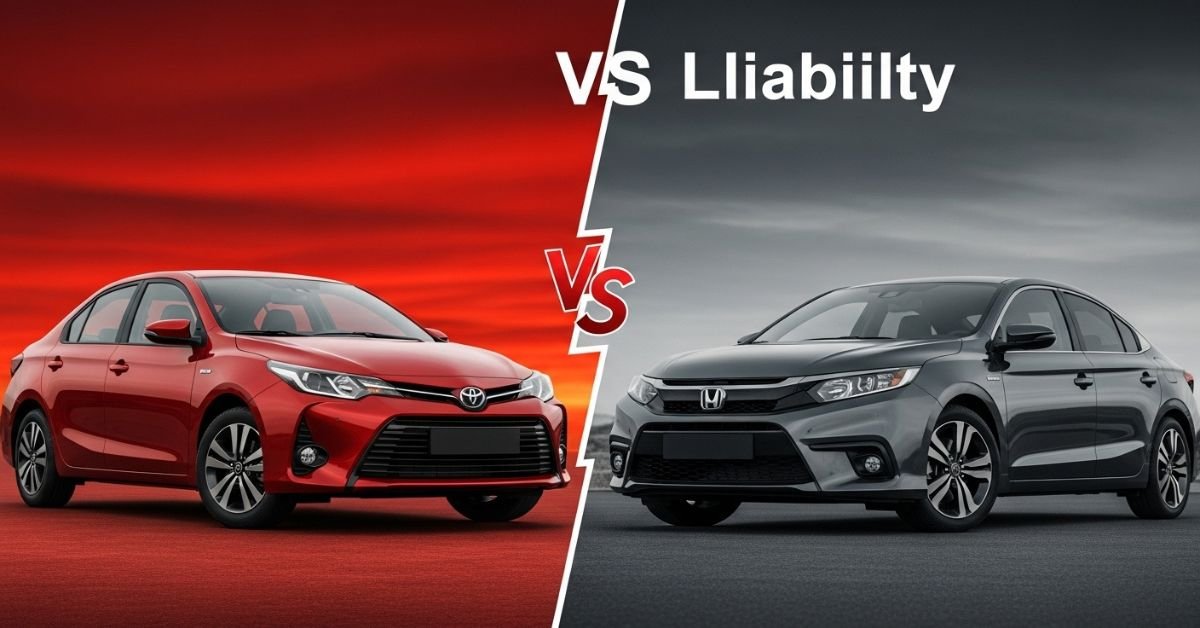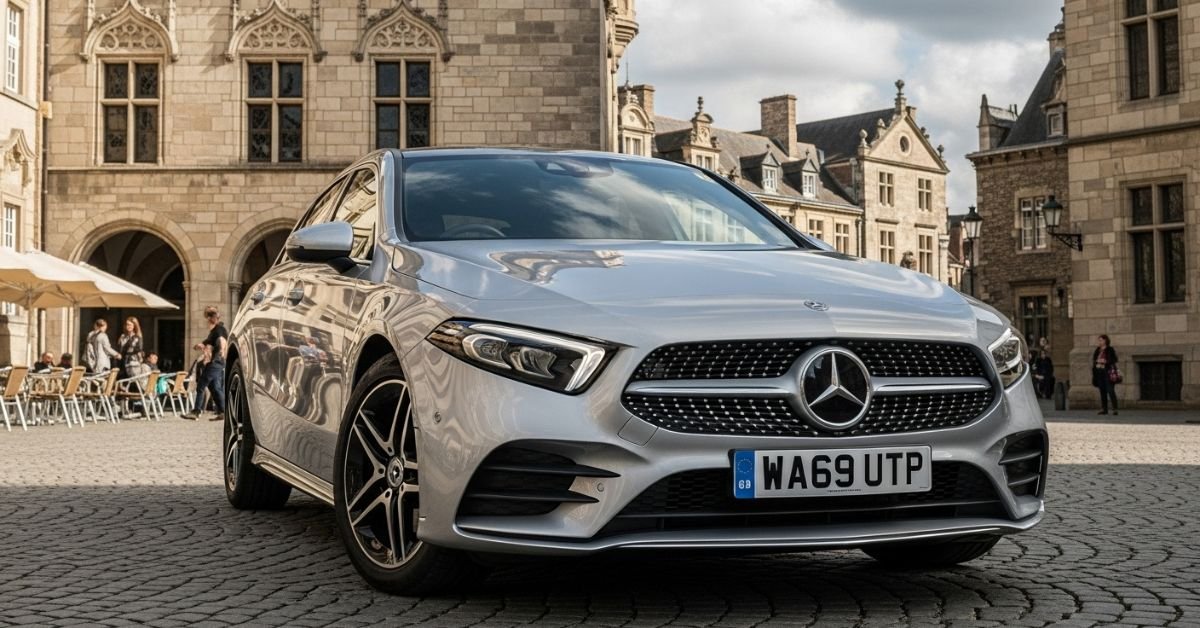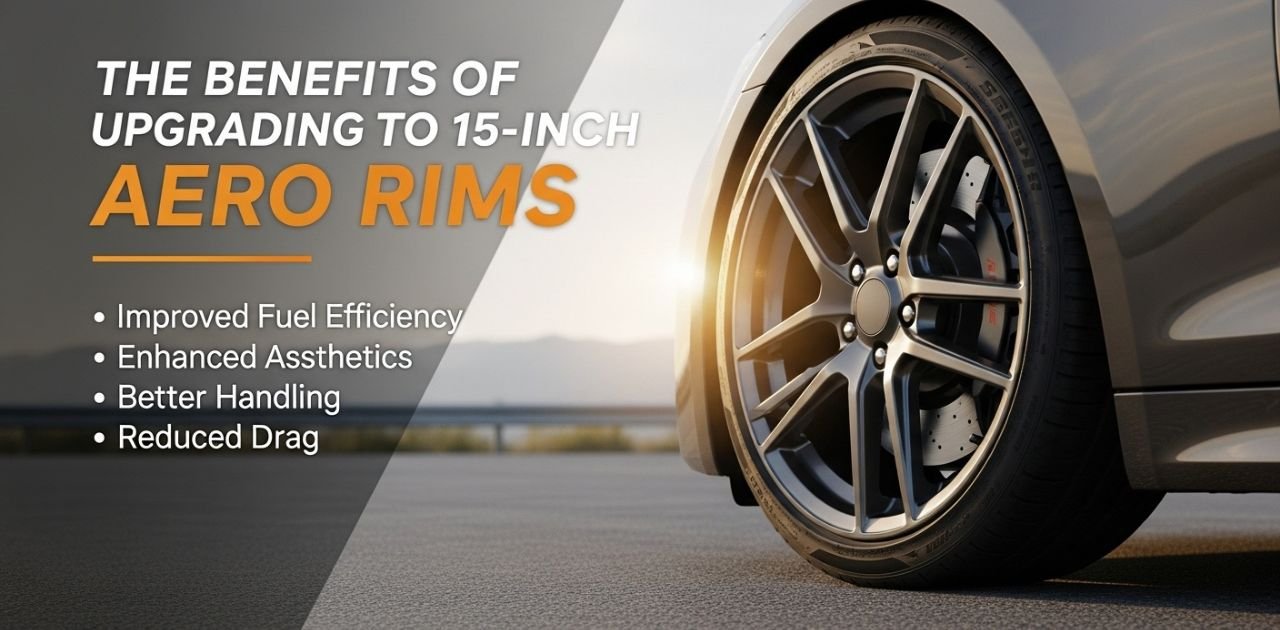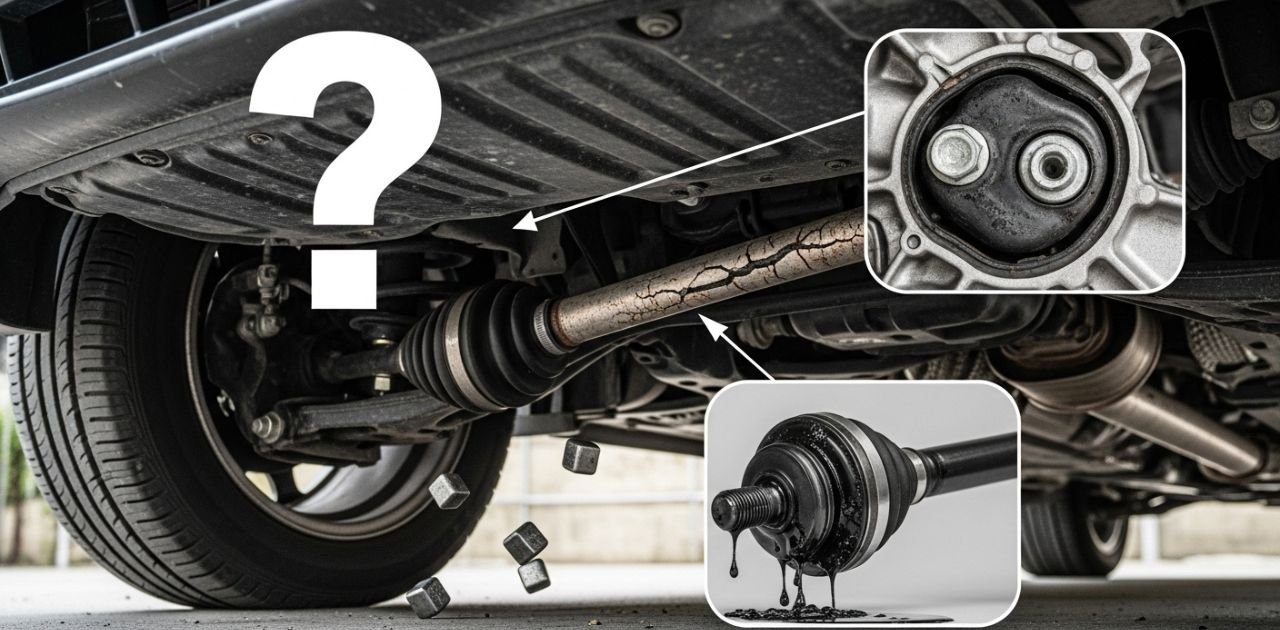Contents
- 1 Introduction to Toyota and Honda reliability
- 2 Lifespan comparison between Toyota and Honda vehicles
- 3 Cost comparison of owning a Toyota vs Honda
- 4 The truth about Toyota and Honda reliability through customer reviews
- 5 Factors that contribute to the reliability of these brands
- 6 Tips for maintaining the reliability of your Toyota or Honda vehicle
- 7 Which brand is more reliable overall?
- 8 Conclusion:
Introduction to Toyota and Honda reliability
When it comes to reliability, two names consistently rise to the top: Toyota and Honda. Both brands have earned loyal followings over the years, known for their durability, low maintenance costs, and impressive longevity. But how do they really stack up against each other? If you’re in the market for a dependable vehicle or simply curious about which brand has the edge in reliability, you’re not alone. Many car enthusiasts and everyday drivers alike often debate this topic.
In this blog post, we’ll dive deep into what makes Toyota and Honda stand out when it comes to reliability. We’ll compare their lifespans, ownership costs, customer reviews, and much more. Whether you’re driving an old trusty sedan or considering your next purchase from either brand, understanding these factors can help you make an informed decision that keeps you on the road longer without breaking the bank. Buckle up as we explore everything you need to know about Toyota vs Honda reliability!
Lifespan comparison between Toyota and Honda vehicles
When it comes to vehicle longevity, both Toyota and Honda have a stellar reputation. Many owners report their cars lasting well beyond the 200,000-mile mark with proper care.
Toyota models, such as the Camry and Corolla, often feature robust engines designed for endurance. Their focus on reliability means fewer major issues arise over time.
On the other hand, Honda vehicles like the Accord and Civic are celebrated for their engineering excellence. They tend to maintain performance even after years of use.
Both brands invest in quality materials and rigorous testing. This commitment contributes significantly to their impressive lifespans.
Personal maintenance habits also play a vital role in how long any car lasts. Regular oil changes and timely repairs can ensure that both Toyotas and Hondas continue running smoothly for many years ahead.
Cost comparison of owning a Toyota vs Honda
When it comes to ownership costs, both Toyota and Honda have a solid reputation. However, there are nuances worth exploring.
Toyota models tend to hold their value well over time. This means when it’s time to sell or trade in your vehicle, you might see a better return on investment. Their resale value is often higher than that of many competitors.
On the other hand, Honda vehicles generally feature lower maintenance fees. Routine repairs and part replacements can be more budget-friendly with a Honda. Owners frequently report fewer trips to the mechanic compared to some Toyotas.
Insurance rates can also differ significantly between these brands. Depending on the model and year, one might find that insuring a Honda is slightly less expensive than insuring a comparable Toyota vehicle.
Fuel efficiency plays an essential role too. Many Hondas boast impressive MPG ratings, which can lead to substantial savings at the pump over time.
You Might Also Like: Which Used Car Is Best?
The truth about Toyota and Honda reliability through customer reviews
Customer reviews often serve as a window into real-world experiences with Toyota and Honda vehicles. Many drivers highlight the exceptional reliability of both brands, sharing stories of years without major repairs.
Toyota owners frequently praise their cars for longevity. It’s not uncommon to find accounts of vehicles surpassing 200,000 miles with minimal issues. This reputation builds trust among buyers looking for dependable transportation.
Honda enthusiasts echo similar sentiments, noting that their cars maintain performance over time. Positive feedback about fuel efficiency and durability is widespread in the Honda community.
However, some reviews point out occasional model-specific concerns. While overall reliability remains high, certain years or models may have experienced hiccups that are worth investigating before purchase.
Customers appreciate transparency when it comes to maintenance costs too. Both brands tend to have reasonable upkeep expenses compared to others in their class, adding another layer of satisfaction for owners on budget considerations.
Factors that contribute to the reliability of these brands
Several key factors contribute to the reliability of Toyota and Honda vehicles.
First, both brands emphasize rigorous quality control during manufacturing. They implement strict testing procedures to ensure every component meets high standards before it reaches consumers.
Their engineering philosophies play a crucial role. Both companies focus on simplicity in design, which often leads to fewer complex parts that could fail over time.
Additionally, consistent investment in research and development is essential. This commitment allows them to innovate while maintaining tried-and-true technologies known for durability.
Another factor is customer feedback integration into new models. By listening closely to user experiences, they can address common issues and enhance future designs.
Strong supplier relationships ensure that only top-grade materials are used in production. High-quality components significantly impact overall vehicle longevity and performance.
Tips for maintaining the reliability of your Toyota or Honda vehicle
To keep your Toyota or Honda running smoothly, regular maintenance is essential. Start with routine oil changes. Fresh oil helps the engine perform at its best.
Check tire pressure monthly. Properly inflated tires enhance fuel efficiency and improve safety on the road. Rotate them every 5,000 to 7,500 miles for even wear.
Pay attention to brakes and replace pads as needed. Squeaking or grinding noises often indicate it’s time for a checkup.
Don’t forget about fluid levels—brake fluid, coolant, transmission fluid—all play a vital role in vehicle health. Top them off as necessary.
Consult your owner’s manual for specific service intervals. Following these guidelines can prolong your car’s lifespan while maintaining reliability on every drive.
Which brand is more reliable overall?
When comparing Toyota and Honda, both brands shine in reliability. However, nuances exist that can sway the decision for many buyers.
Toyota often leads with its reputation for longevity. Many of their models routinely surpass 200,000 miles with proper care. Their commitment to quality control is evident across various releases.
On the flip side, Honda has a strong following thanks to its nimble engines and performance-oriented designs. While some might argue they don’t last as long as Toyotas, Hondas are celebrated for their dependable engineering.
Customer experiences play a significant role too. Reviews frequently highlight Toyota’s robust build but also praise Honda’s cost-effective maintenance options.
Choosing between them boils down to personal preference regarding driving style and usage needs. Some drivers value raw power while others appreciate durability above all else. Each brand offers loyal fans compelling reasons to stand behind them confidently.
You Might Also Like: Best Used Hybrid Cars
Conclusion:
Choosing between Toyota and Honda involves more than just examining their reliability. Both brands have a solid reputation for producing durable vehicles that stand the test of time. While Toyotas often edge out in terms of longevity, Hondas bring superb engineering and driving dynamics into the mix.
When it comes to ownership costs, both brands offer value but with different nuances. Maintenance is generally reasonable for both, though some models may tilt towards higher expenses depending on specific needs.
Customer reviews shed light on real-world experiences. Many drivers express satisfaction with the reliability of their vehicles from either brand, indicating a strong community trust in both.
Reliability stems from various factors—engineering quality, material choices, and production standards all play significant roles in how these cars perform over time. Regular maintenance can further boost your vehicle’s lifespan regardless of whether you choose Toyota or Honda.
Personal preferences concerning style and driving experience will shape your decision as much as reliability metrics do. As you weigh your options between these two automotive giants, consider what aspects matter most to you personally when making this important choice about your next vehicle.




